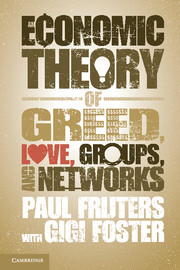Introduction and preview
Published online by Cambridge University Press: 05 May 2013
Summary
Introduction
Society routinely asks broad questions of economists and expects fairly all-encompassing answers. Are trade barriers good or bad? What is the role of private enterprise? How involved should government be in regulating industry? A reasoned yet simple answer to any of these questions must depend on some aggregate view of how a country works. Whatever the particulars, each question is a “system” question that touches upon so many aspects of the whole economic and political system that its answer inevitably requires some explicit or implicit overarching story.
For example, one cannot answer the question on trade barriers without some implicit equilibrium framework in mind, together with an implicit understanding of how trade barriers come to be politically sponsored. Likewise, one cannot provide the raison d'être of private enterprise without a fairly complete picture of the roles of other actors in the economy, such as consumers and government, and the dynamics in operation between these different actors. Policy makers and students routinely present economists with simply stated questions that nonetheless have only imprecise answers, due to being underpinned by a plethora of implicit ideas and possibilities. The reasonableness of any simple answer to such a question depends upon the reasonableness of the answerer's underlying aggregate view.
The goal of this book is to offer such an aggregate view. The starting point of the book is to take the principles of mainstream economics at face value. Layers of selected ideas are then added and integrated with the mainstream economic view, relating to the roles of loyalty, groups, power, and networks. What results is an enhanced view of how society works that increases the number of phenomena covered, and deepens the existing story.
- Type
- Chapter
- Information
- Publisher: Cambridge University PressPrint publication year: 2013



